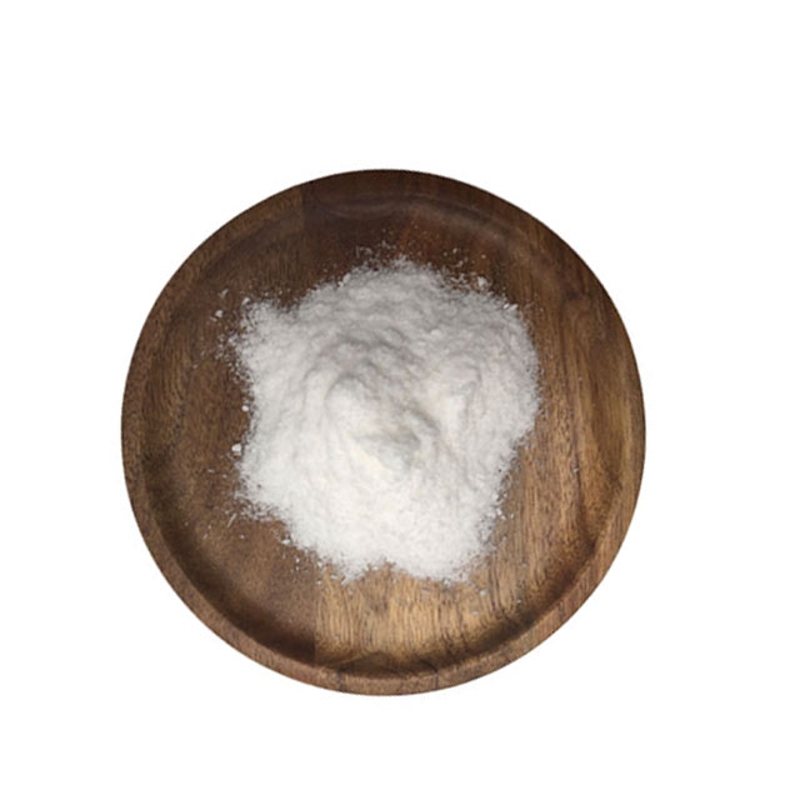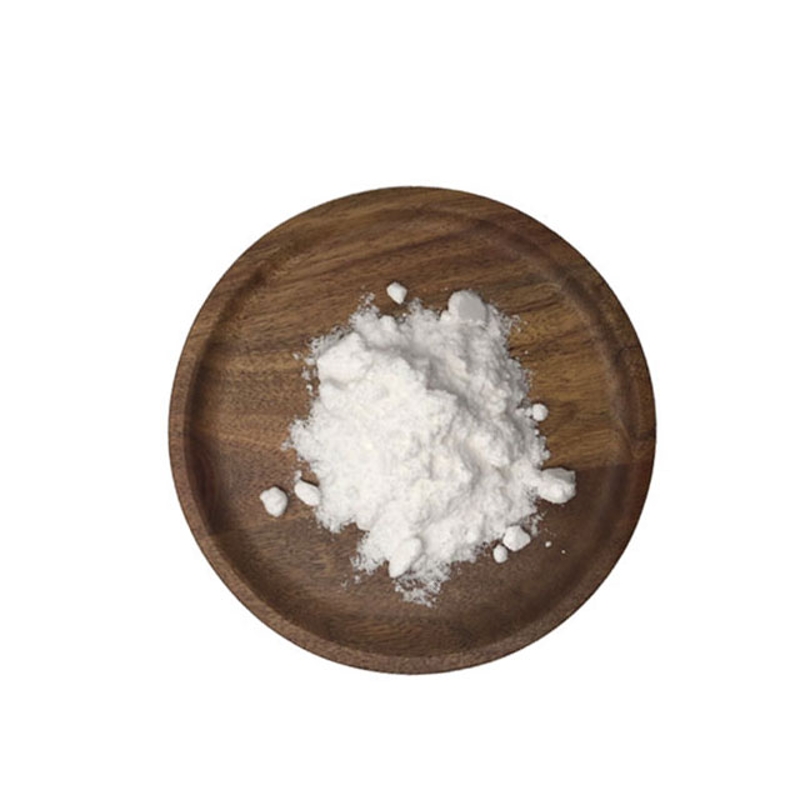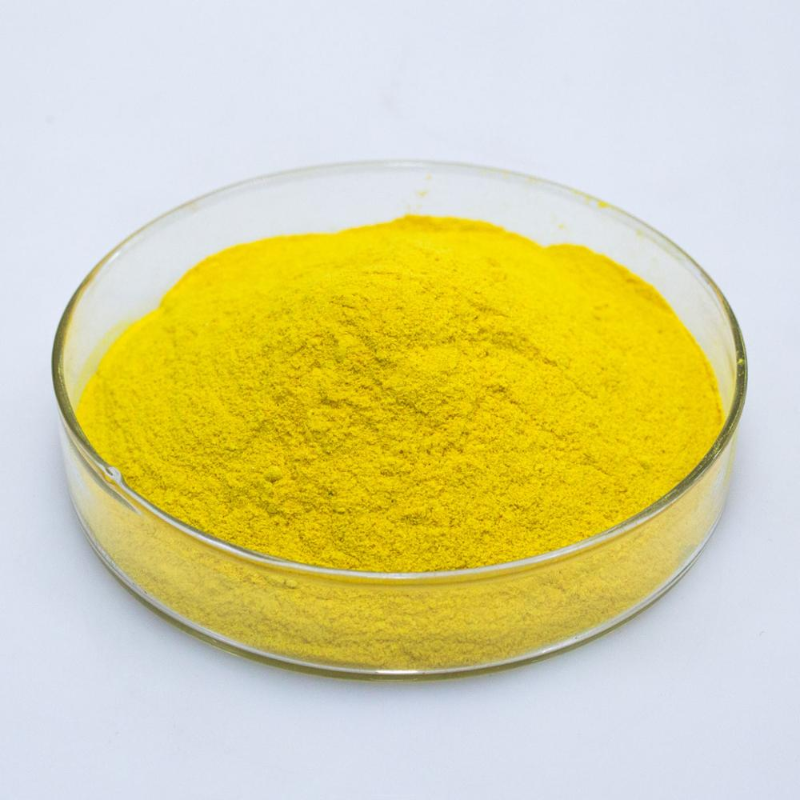-
Categories
-
Pharmaceutical Intermediates
-
Active Pharmaceutical Ingredients
-
Food Additives
- Industrial Coatings
- Agrochemicals
- Dyes and Pigments
- Surfactant
- Flavors and Fragrances
- Chemical Reagents
- Catalyst and Auxiliary
- Natural Products
- Inorganic Chemistry
-
Organic Chemistry
-
Biochemical Engineering
- Analytical Chemistry
- Cosmetic Ingredient
-
Pharmaceutical Intermediates
Promotion
ECHEMI Mall
Wholesale
Weekly Price
Exhibition
News
-
Trade Service
total sales growth in the U.S. herbal dietary supplement market in
was about
7.9%
in 2013, the largest increase in the market since the late 200s and
90s. This is China's export of Chinese medicine and other plant products, is undoubtedly a great good.In the U.S. dietary supplement market, herbal dietary supplements account for a relatively large
,
has been maintained in recent years at about
20%
, is China's Chinese medicine and other plant products exports of an important market, to promote China's export trade in Chinese medicine products is of great significance.recent years, the market growth of herbal dietary supplements in the United States has been relatively stable, and the growth trend is obvious. Total sales in the
U.S. herbal dietary supplements market in
in 2013 were $
60.
32
billion, according to nutrition business
,
,
of
NBJmarket growth continuedoverall, the U.S. herbal dietary supplement market maintained steady growth and a good development trend between
2000
and
2013
. According
NBJ
, sales in the U.S. herbal dietary supplement market have grown from $
4.230 billion in
to $
60.
32 billion in
, with an average annual growth rate of
3.0 . Compared with
the
5.5%
market growth in 2012
, the U.S. herbal dietary supplement market showed a more rapid growth momentum last year, and also marked the U.S. herbal dietary supplement market for
10
consecutive years of growth.It is important to note that, as in previous years, the above data do not include herbal teas, plant ingredients contained in natural cosmetics
(
including "pharmaceutical makeup" products
)
and herbal ingredients contained in government-approved over-the-counter medicines
(OTC)
, such as fruit extracts.the U.S., sales of herbal dietary supplements can be done through a number of different market channels, including: Food, Drug, and Mass Market
," or
FDM
)
such as food
/
grocery stores, pharmacies, mass stores and convenience stores similar to
Wal-Mart
and
Costco ;
a market for natural health products, such as
WholeFoods
specific
outlets
, GNC, and Sports Nutrition
;
direct sales channels such as mail order, direct mail, radio and television direct sales, health practitioners
(
including acupuncturists, masseurs, natural healers and some traditional physicians
)
direct sales, as well as multi-level marketing or network marketing companies.in terms of market share, direct sales accounted for half of the U.S. herbal dietary supplement market, with sales of
2.940
billion U.S. dollars, or about
48.7%
, followed by the natural health care market
($2.028 billion
, or
33.6%)
%. and
FDM
market
($1,063
billion, or 17.6% ). Similar to previous years, sales growth in herbal dietary supplements varies from market to market. According
NBJ
statistics,
of the different market channels for herbal dietary supplements in 2013
, the natural health care market experienced the largest increase in sales, with sales growth of approximately
8.8%
, followed by
FDM
and direct sales channels, with sales growth of
7.7%
and
7.3%
, respectively., depending on the prescription of dietary supplements, supplements can be broadly divided into single-flavored herbal supplements and compound herbal supplements.
sales of single
-flavored herbal dietary supplements in the U.S. increased
5.1%
year-on-year in 2013 and
2.7%
in 2013, a significant improvement over the
increase of
2.7% in 2011
Sales of compound herbal dietary supplements, which are typically used to support specific functions or benefits, such as maintaining normal cholesterol levels, normal blood sugar levels, and urethra or prostate health, increased
12.7%
year-on-year and continued to grow by
(-6.6%)
% in
2011
this is also the largest
since
2007.







